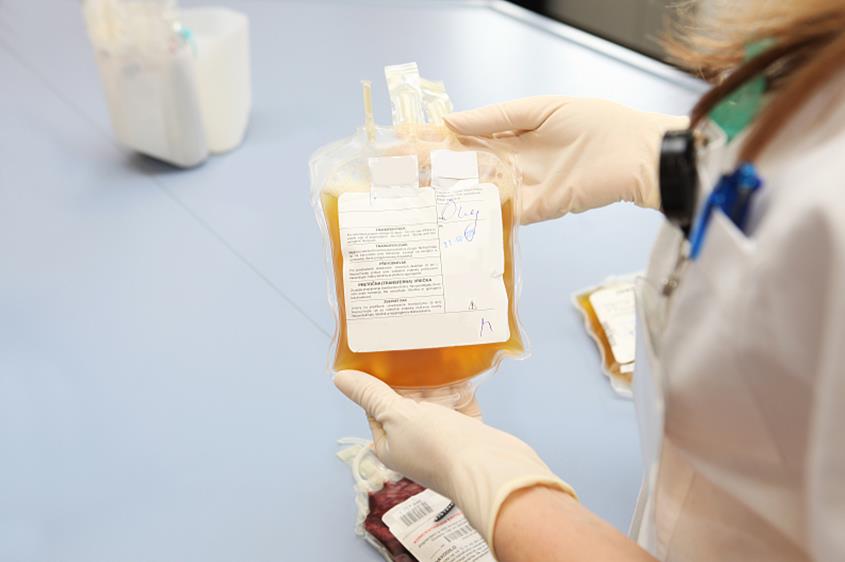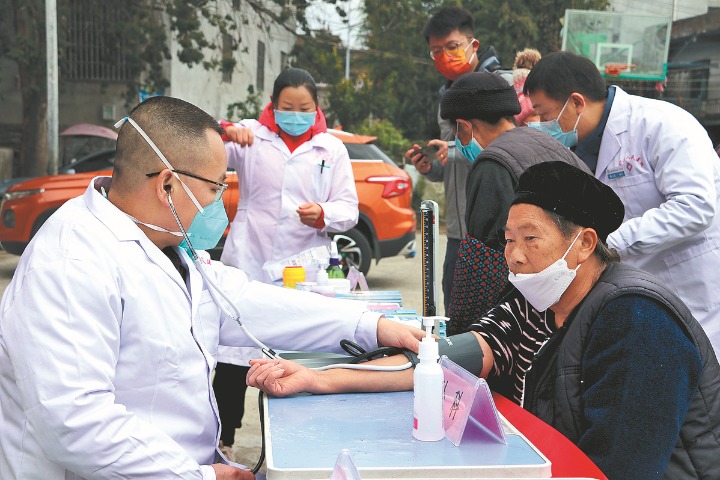Chinese study provides evidence supporting plasma antibody treatment

A Chinese study done on a small number of rhesus macaques said the monkeys don't develop a coronavirus infection the second time they are exposed, thus supporting the idea of using plasma from recovered patients as a treatment for COVID-19.
Whether people can develop immunity to the novel coronavirus after being infected once is a pressing question for policymakers and health workers alike. A study on four macaques done by scientists from the Institute of Laboratory Animal Sciences at the Chinese Academy of Medical Sciences hoped to provide some clues.
Qin Chuan, the head of the institute, led the study. The results were published on preprint server BioRxiv on Mar 14, meaning its findings have not been peer-reviewed and are up for debate.
The experiment included four monkeys, two of which were exposed to the virus twice. The two monkeys that were re-exposed to the virus four weeks after their initial exposure did not catch the infection again, the study said.
The infected monkeys also developed symptoms similar to humans, and generated specific antibodies in response to the virus. The study said this finding supports the use of plasma therapy to treat the infected, especially for those in severe or critical condition.
In regards to immunity, experts said these preliminary results should be taken with a grain of salt, as the study's sample size is too small and it is too early to generalize its results to humans. Moreover, how long this immunity lasts and whether human immune systems can react in the same way are still being investigated.
China, Japan and South Korea have reported cases of patients recovering from the disease and discharged from the hospital, only to later test positive a second time. A recent study published on the journal Lancet suggested that the virus can persist in the body for several weeks after recovery.
The monkey study posits that this "reinfection" phenomenon could be the result of false-negative nucleic acid tests that happened to miss the remaining virus.
Please feel free to contact us by sending your questions to question@chinadaily.com.cn or commenting on China Daily app. We will ask experts to answer them.














